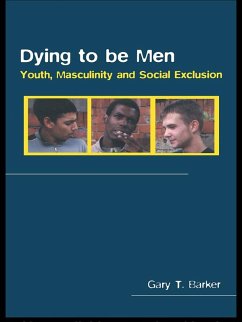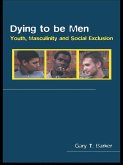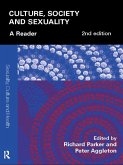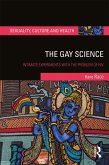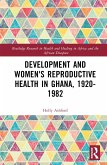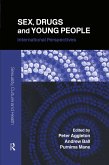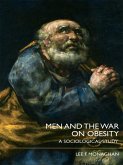At the same time, despite the general acceptance of a traditional and callous version of manhood in such settings, there are young men who do not get involved in violence - the 'peace boys'. How can this be explained?
Based on field research and interviews in the USA and Brazil, "Dying to be Menexplores how manhood or male identity is shaped in poor urban settings, how it is that some young men resist the prevailing norms, what the implications are for social policy and what are the most important forms of intervention.
Dieser Download kann aus rechtlichen Gründen nur mit Rechnungsadresse in A, B, BG, CY, CZ, D, DK, EW, E, FIN, F, GR, HR, H, IRL, I, LT, L, LR, M, NL, PL, P, R, S, SLO, SK ausgeliefert werden.

